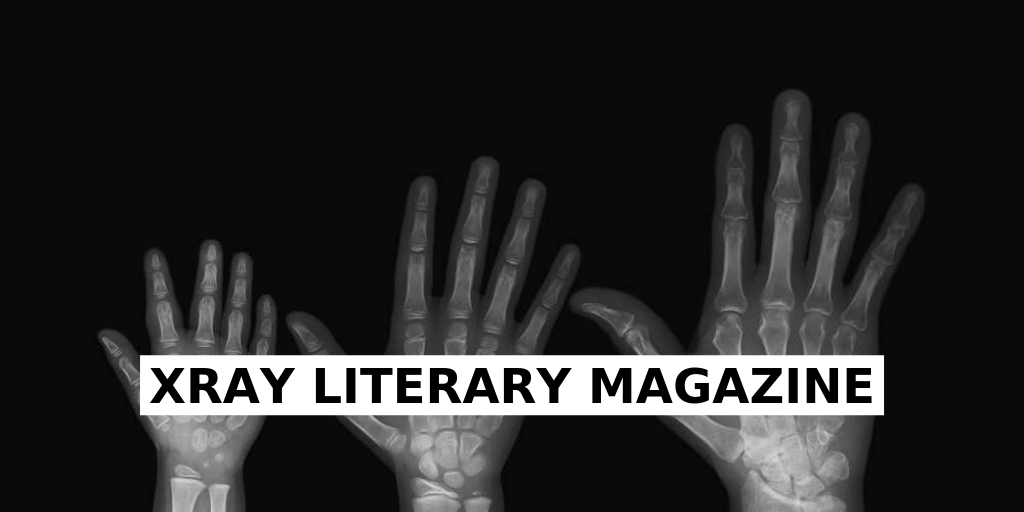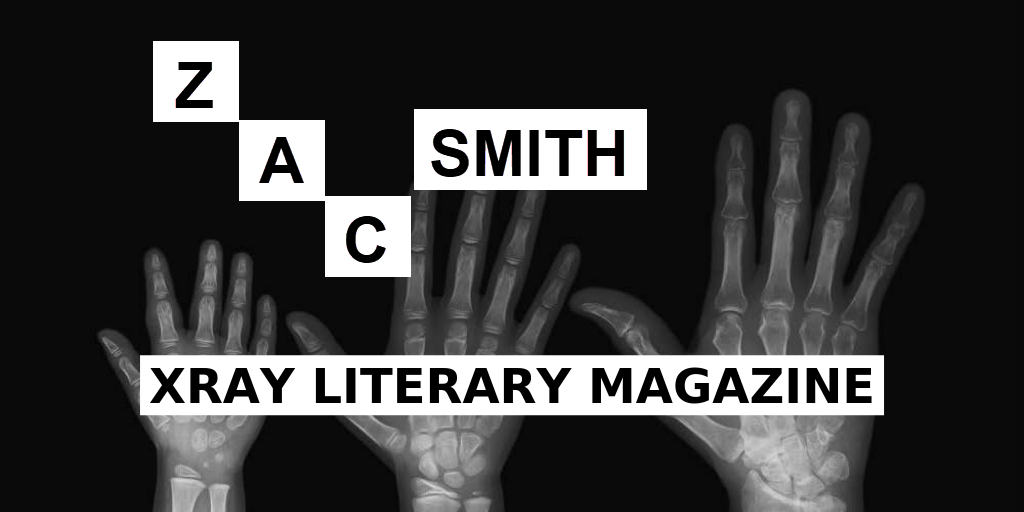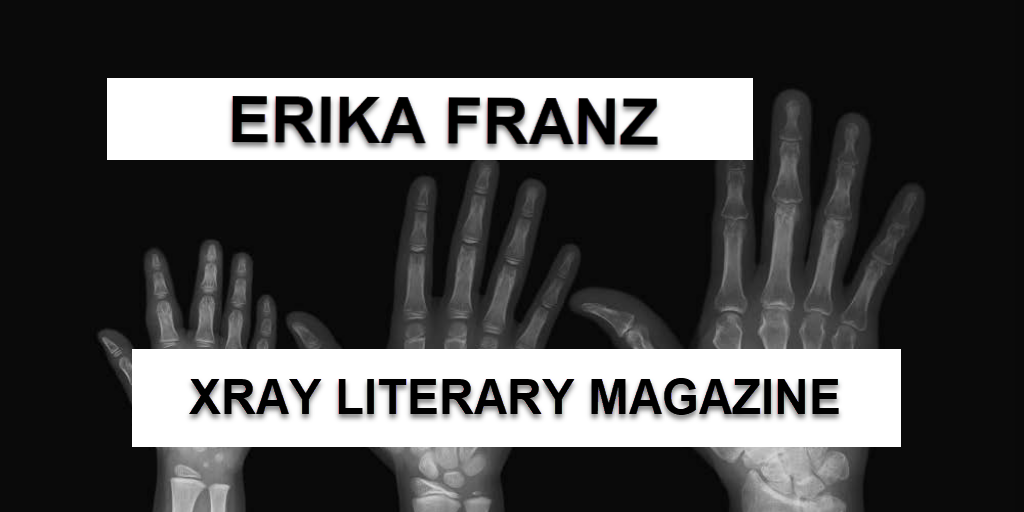I grew up in Negaunee.
It’s a town you’ve never heard of.
My ancestors are Saami.
It’s an entire culture you’ve never heard of.
My father was a sampler.
It’s a job you’ve never heard of. He collected iron ore samples from the mines for testing.
We live by a lot of mines you’ve never heard of—Empire, Tilden, Jackson.
Upper Peninsula’s often misspelled Upper Penisula. I swear to God. Although God wouldn’t like me swearing about how the place I was born and raised is called a penisula by people who don’t use spellcheck.
But this all happened before spellcheck.
Before the internet.
Before cell phones.
Back when the world was simple. Back before revenge porn and hacking and texting-while-driving and the whole stupidity of living now.
This was in the 1980s. In the U.P. With my parents who were off-the-grid before there was a grid to be off of.
We didn’t even own a TV. I mean, we did. For three months. Then my mother saw a boob on HBO and she said, “Enough” and it was gone as fast as it came.
We went back to euchre and Scrabble and solitaire and backyard bent-rim basketball and my favorite game—and this was an actual game I’d play with my brother—Getting Lost in the Woods. That was the entire game. Go in the woods and try, on purpose, to get as lost as possible and find your way home. Mostly, it was easy. There was the Negaunee airport where the occasional plane might come or go and that always gave you some sense of direction. And then there was something called the sun that always gave you an east and west and, really, what more do you need than that to get home? Then there was something called memorization. We knew every birch and creek and patch of switchgrass for ten miles in all directions from our house.
My father had taken us to see The Fox and the Hound and my brother had decided he was now a fox, so he wanted to play this game every day. Every single day. Even after our mother banned us because of what we were doing to our socks. Our socks were turning orange from the iron ore that seemed to be everywhere, as if the mines were bleeding with it. And, worse, we had prickers in everything, so that our mother would prick her finger folding our shirts, impossible to get them out with washing so she’d have to pick them out one by one. But our mother threw away a pair of socks and a shirt that weren’t salvageable and we’d taken them out of the garbage, then went into the woods and changed into them, putting our good clothes up in a tree fort we half-tried to make. Foxes are not good at making tree forts. But they are good at getting home. We’d spin in circles to disorient ourselves, then purposely try to go down paths we’d never went down before, searching for the most unknown parts of the woods possible, and we ended up discovering cliffs where you could see Lake Superior all the way from Negaunee, and a den of snakes where my brother pushed me into it so I fell forward and experienced a snake go down the front of my shirt with me standing and screaming and my chest wriggling around with the serpent inside me, and a river that was untouched by ore so that we swam under the noon June sun with the world shining around us like it was showing off its green perfection.
The problem was I wanted to go see another movie.
My father said fine and took us to Back to the Future. Instantly my brother was not a fox anymore. He now wanted to play guitar and ride a skateboard. And my brother is obsessive. Every single day I’d hear him butchering Chuck Berry riffs to the point that my father banned the guitar from the house, my brother off in the woods where I’d hear the weak sounds of off-key “Johnny B. Goode” working to reach my ears. And the hill in front of our house was not made for skateboarding. It was too rocky. And the skateboard my parents bought him was cheap, so it couldn’t take the rocks. My brother would try again and again but it was useless. There was no skateboarding with that piece of crap.
After he started talking about wanting to invent a time machine, it was me who got the idea of taking him to another movie, to see if he’d fall in love with another character, if he’d switch from Tod the Fox to Marty McFly to something else.
There were a few theaters in Marquette and Ishpeming, none in Negaunee. And they’d show current just-released stuff but also popular films that’d come out in the last few years. The theaters were beautiful back then, before they were all torn down and corporate boxes put up to replace them. I remembered walking into those old theaters and just feeling transformed before the movie even started. There was one theater in Marquette where it felt like the back row had you a football field away from the screen and the whole theater curved like a spoon so it was like you were in a concert hall. And there were old-world designs on the ceiling so that you’d put your head back and look up in awe at the attempts at Michelangelo.
Maybe it was those theaters that did it to my brother.
Or maybe it was a mental health issue, a mental health issue you’d never heard of before. But we could choose between E.T., Aliens, or The Breakfast Club. I told my father maybe it’s best if we don’t go to a movie about aliens, especially not one where the aliens tear people in half. I didn’t want to wake up and find my brother trying to tear me in half. Although I suspected he would leave the movie thinking he was Ripley, that he’d try to protect us from aliens that would never come.
We went to The Breakfast Club and, after, my brother was on a mission to have everyone in the school get along. He’d invite the jocks and heads and nerds and loners to our house. He’d play basketball with the jocks and get lost in the woods with the heads and he’d play solitaire with the loners and Scrabble with the nerds and, best of all, he’d try to get them to overlap, to get the jocks smoking during Scrabble and the heads to play basketball with the loners. And sometimes it’d work.
I saw my brother as the film director of our hometown, controlling it all.
The problem is that one of the jocks took him to see Gremlins. And you’ll guess what happened: my brother thought he was a gremlin. The jocks and loners and heads quickly disappeared. A few of the nerds stuck around. One said he was a gremlin too. They became inseparable best friends. And I’d wake up with milk in my bed. An entire gallon poured into my sheets. I’d open my closet and all my clothes would fall on top of me. It got so I was terrified to ever go into our basement or garage or—if we actually had one—an attic.
I told my parents about the movies, how my brother becomes the movies he sees. They told me they know, that they’d spoken with a child psychologist. I asked if was helpful and they said no, that there was talk about fandom and character bonding but that the counselor didn’t ever have a patient before who became the characters in the film he saw. The counselor asked if he did this with television too and my parents said we don’t own a TV, but I know that when we had a TV for that short time my brother didn’t ever suddenly think he was a surgeon in the Korean War or a bartender in Boston or a member of the A-Team. No, television did nothing for him. It was all films. Something about movies. My parents tried to bring my brother to the counselor but my brother, in full gremlin mode, disappeared when he went to the bathroom and the police picked him up four hours later in Sands trying to climb down into a chimney. And, yes, there is a town named Sands near us. And another named Champion, which, as far as I know, has never won a sports championship in the history of its existence.
I told my parents that counseling was a waste of time. As fast as possible, we needed to take him to another movie, but we needed to be selective about what it was.
I recommended Gandhi.
My parents expressed concern saying that 1) they were worried he’d lead a revolution, and 2) it wasn’t playing at any theaters up here because it had been released in 1982, a bit too long ago for even the theaters that did reruns. I called around and found there was a theater showing it in Detroit. My parents compromised and instead brought back the TV with the addition of a VCR. They bought a VHS of Gandhi because, mainly, it was the only movie we all could agree on. There was immediate consensus on what not to show him, entire film genres, in fact. No horror, no action, no comedy (there was concern about nonstop jokes, which my mother said would “get on our nerves”) and—along those lines—no musicals, and no Westerns, no sci-fi, no crime films, no thrillers, no war movies, no disaster movies, no martial arts, no buddy-cop movies. It was a long list.
For a while, there was some brainstorming about romance, but my mother said he was too young for romance and my dad said no one is too young for romance and a fight ensued, which my mother won. I recommended a documentary, but we couldn’t come up with a good one since none of us had ever actually seen a documentary.
My father yelled out, “I got it!” and left us waiting for his answer, but it turned out his brilliant idea was having my brother watch a silent film.
But my mother said she was worried if he couldn’t speak. “What if he had to go to the hospital? How would he let us know?”
“Charades,” my father said, “We could figure it out.”
My mother gave a definite no.
My father set up the VCR while my mother watched my brother intently in his bedroom. There was worry he’d escape, somehow get hold of the VCR and melt it or worse.
We all sat watching the movie. Or, to be more exact, my brother watched the film and we watched my brother watch the film.
It was beautiful seeing the transformation take place. It happened around the moment when Ben Kingsley gives his protest speech to the packed auditorium. My brother took on this intense calm. I exchanged looks with my parents. We knew he’d be all right.
Later that week, he hitchhiked to Washington D.C.
We haven’t seen him in twenty years.
The last I heard, he’s in prison now.
Unfortunately, after Gandhi, he must have watched a comedic gangster film shortly afterwards. In Trenton, New Jersey, he robbed a bank with a banana.
I get letters from him every once in a while. He said they show movies every Friday at the prison.
I imagine him, every Friday, taking on a whole new persona, going back to his cell and being Batman and Cobb and Gandalf and Michael Corleone and Neo and one day, I wonder, if they’ll ever show The Shawshank Redemption, if he’ll escape to some distant version of Zihuatanejo, a place with crystal-clear beach and no electricity.



